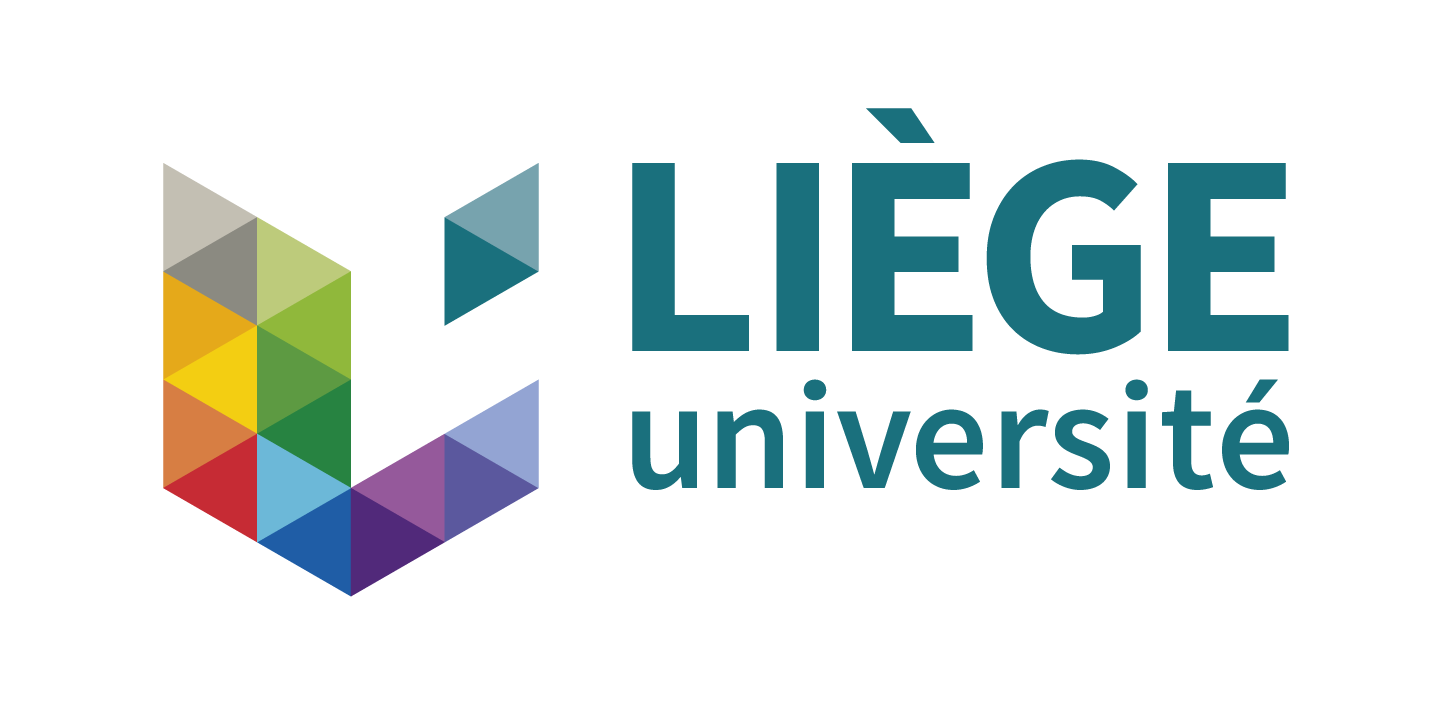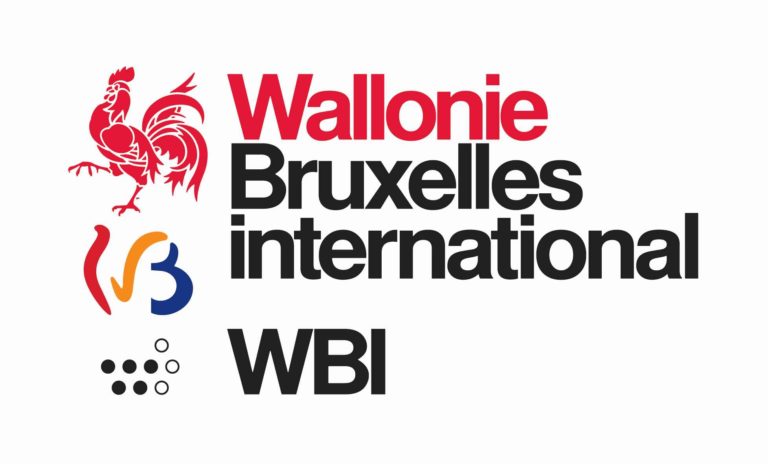Through the lens of work:
Capitalism, development, and social change
in the global South
APAD 2024 International Conference
Liège, 22-24 May 2024
The next APAD conference will be held in Liège, Belgium, from Wednesday the 22nd to Friday the 24th of May 2024. It proposes to analyse the dynamics of capitalism, development, and social change in the Global South through the lens of work. Work can be defined here as any activity contributing for the livelihood of individuals and groups. Far from being limited to salaried employment, it encompasses all economic practices, whether they participate to the sphere of production, exchange, or care. Using work as an analytical lens opens up a wide range of questions that touch upon – among others – the materiality of work and the use of technologies; the ethics of work and professional aspirations; work-related family configurations; social relations inside and outside work; careers and social mobility trajectories; gender, generational, class, and racial inequalities on the labour market; the forms of labour-value capture and processes of capital accumulation; or labour policies, and the dynamics of workers’ mobilization and representation.
The aim of the conference is twofold. On the one hand, it is to take a fresh look, from a work-centered perspective, at key themes in the tradition of APAD such as brokerage, political arenas, the functioning of state administrations, and the implementation of public policies. On the other hand, it is to open new avenues for studying development in its relationship with political economy and social change.





Set 1: work and the worlds of development and humanitarian aid
This first set of questions deals with the ways in which work in the development and aid sectors has changed in the past three decades.
To what extent employment in these has undergone a casualization/flexibilization process? How far have they witnessed a sociological change in their staff, especially between expatriate and national workers? How the gender, national, generational, or racial inequalities in these sectors have evolved? How the work of development and aid workers have been affected by the growing use of management techniques? How is the work of development and aid workers related to the logics of development? What development and human rights experts working for companies, religious organizations, or the state, do? What are the forms of unpaid or underpaid work involved in contemporary development and aid programmes?
Set 2: Work and capitalism
The second set of questions comes back to an old issue in development studies, the interrelationship between capital and labour in the global South.
How can we analyse entrepreneurial work? What are the capital accumulation processes at work, both in the ‘formal’ and ‘informal’ sectors? What forms of work regulation do they involve? What are effects of new workforce management practices (digitalization, outsourcing, etc.)? To what forms of mediation and resistance are these practices confronted? How workers express their collective identities? What material, social, and cultural resources do they use? How can we study the intersectionality of work relations (gender, race, etc.) and their sectorial dimension? Is it possible to identify, beyond specific sectors, cities, or countries, broader regional dynamics? What are the new labour migration routes and patterns, including to Europe and North America? What have been the consequences of the Covid19 crisis on work relations?
Set 3: Work and politics
This third set of questions focuses on state labour policies and forms of workers’ politization – two understudied issues in the anthropology of development.
What is the place of labour in states’ and international organisations’ development strategies? What has been the effect of the ‘neoliberal’ turn in this field of intervention? How has labour legislation evolved? How are labour policies implemented and negotiated? To what extent is labour an important matter for political leaders? How workers defend their interests in the political arena? What is the role of unions, cooperatives, and other professional associations? How do they influence labour policies, and the political game more generally? What is the place of law in labour disputes? How far the labour question plays a role in changes of political regime? How can analyse the transformations of work in state administrations?
Set 4: Power relations at work
Cross-cutting the other sets, this last set of questions aims to examine the ways in which power relations in the workplace are negotiated and experienced from intersectional perspective including gender, age, class, race, ethnicity, disability, and other categories of difference.
What are the most salient criteria of social stratification involved in work relations? How can we account for the work experience of minorities, racialized and other subaltern groups? How do workers make sense of the international and/or sexual division of labour, and global processes of exploitation, trafficking, and discrimination? What is the weight of wage work, especially for women, in power structural dynamics? How can we analyse the work/non-work boundary when the two are intertwined, or completely overlap? What kinds of arrangement women and men find to articulate their different social times while earning their livelihood? What are the modes of organization, resistance, compromise, claim, or contestation involved in the face of the different power relations in the labour process?
Steps
Registration for the symposium will open in mid-February.
Practical information
The conference is bilingual. The working languages are French and English.
Venue: The colloquium will take place in the central building of the Université de Liège, place du 20 août, 7, 4000 Liège, Belgium. This building is located in the city center, close to the train station and hotels.
Access: the nearest international airport is Brussels-Zaventem. For participants coming from Europe, Liège is easily accessible by train and plane (Brussels-Zaventem or Brussels-Charleroi).
To reach Liège from Zaventem airport, take the train to Bruxelles-Nord station (17 minutes) and then take a train to Liège Guillemins station (approx. 1 hour). Timetable on: www.belgiantrain.be
Hotels: Here are a few hotels close to the university: Hôtel Cathédrale, Hôtel Amosa, Hôtel IBIS Opéra, Pentahôtel, Hôtel Hors-Château, Hôtel IBIS Styles Guillemins and Hôtel Le Cygne d’Argent.
Registration: Please pay your conference registration fee by May 1, 2024 at the latest. To do so, please go to the registration module. It will open on February 15.
Colloquium fees: These fees include colloquium registration fees and APAD membership fees. They vary according to your situation:
| Situation |
Normal rate (total monthly income above 800 €) |
Reduced rate (total monthly income below 800 €) |
| You are not yet a member of APAD for 2024 > You pay the conference registration fee and the association membership fee | 170 € | 110 € |
| You are a paid-up APAD member for 2024 > You only pay the conference registration fee | 120 € | 85 € |
| You are a recipient of an “APAD Colloquium outside Europe” grant (this fee exemption does not apply to recipients of an “APAD Colloquium Europe” grant) | 0 € | 0 € |
Special situations:
- In exceptional cases, certain people may be authorized to present a paper online in a panel: in this case, they are exempt from paying the conference fee.
- You wish to attend the Liège conference without presenting a paper. In this case, access is free and you will be asked to pick up a “visitor” badge at reception. This visitor status does not give you access to the cocktail and coffee breaks.
Letter of invitation: to obtain a letter of invitation, please send a request including your first and last name and the title of your paper to colloque@apad-association.org. A letter of invitation will not be sent to those who only wish to attend the conference.
For any information : colloque@apad-association.org
Timeframe
15 September 2023 : opening of the call for papers
15 Novembre 2023 : deadline for paper proposals submission
15 December 2023 : final list of panels and papers
To download
Scientific Committee
Absi, Pascale, IRD, CESSMA, Université Paris Cité (France)
Allal Amin, CNRS, CERAPS, Université de Lille (France)
Cissokho, Sidy, CNRS, CLERSE, Université de Lille (France)
Cuvi, Jacinto, CECID, Université Libre de Bruxelles (Belgique)
Dougnon, Isaïe, Université de Bamako (Mali) et Fordham University (USA)
Fresia, Marion, Université de Neuchâtel (Suisse)
Guérin, Isabelle, IRD, CESSMA, Université Paris Cité (France)
Ndiayi, Alfred, Université Gaston Berger de Saint-Louis (Sénégal)
Poncelet, Marc, Université de Liège (Belgique)
Selim, Monique, IRD, CESSMA, Université Paris Cité (France)
Organising Committee
Sophie Andreetta (Univ. Liège, Belgique)
Sylvie Ayimpam (IMAF, France)
Isabelle Borsus (Univ. de Liège, Belgique)
Elieth Eyebiyi (Lasdel, Bénin)
Philippe Lavigne Delville (IRD, France)
Alexis Roy (CNRS, France)
Benjamin Rubbers (Univ Liège, Belgique)
Marie Schnitzler (Univ. Liège, Belgique)
Ngna Traoré (ISH, Mali)
Lorena Ulloa (Univ. Liège, Belgique)
Charlotte Vampo (IRD, France)

